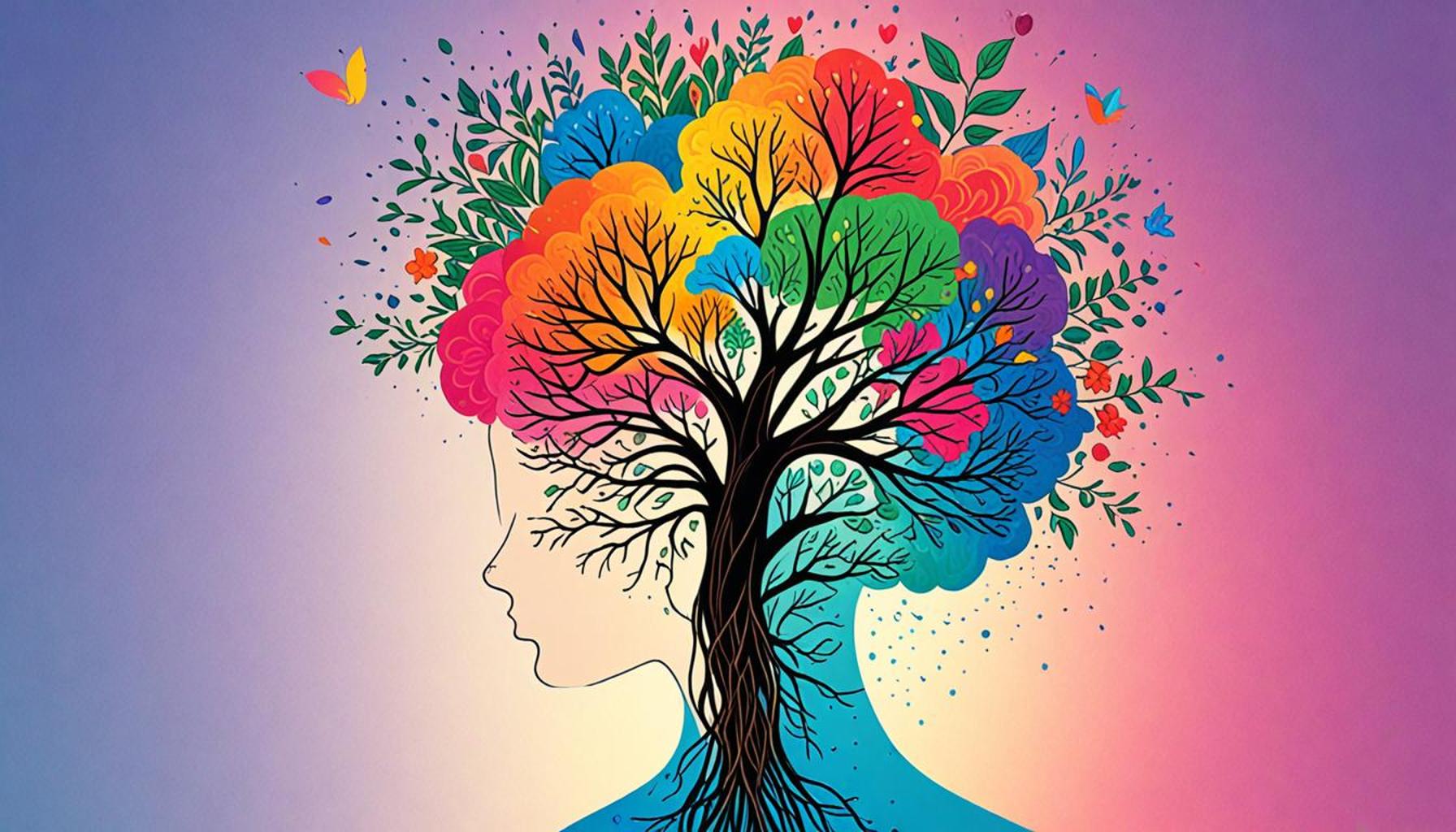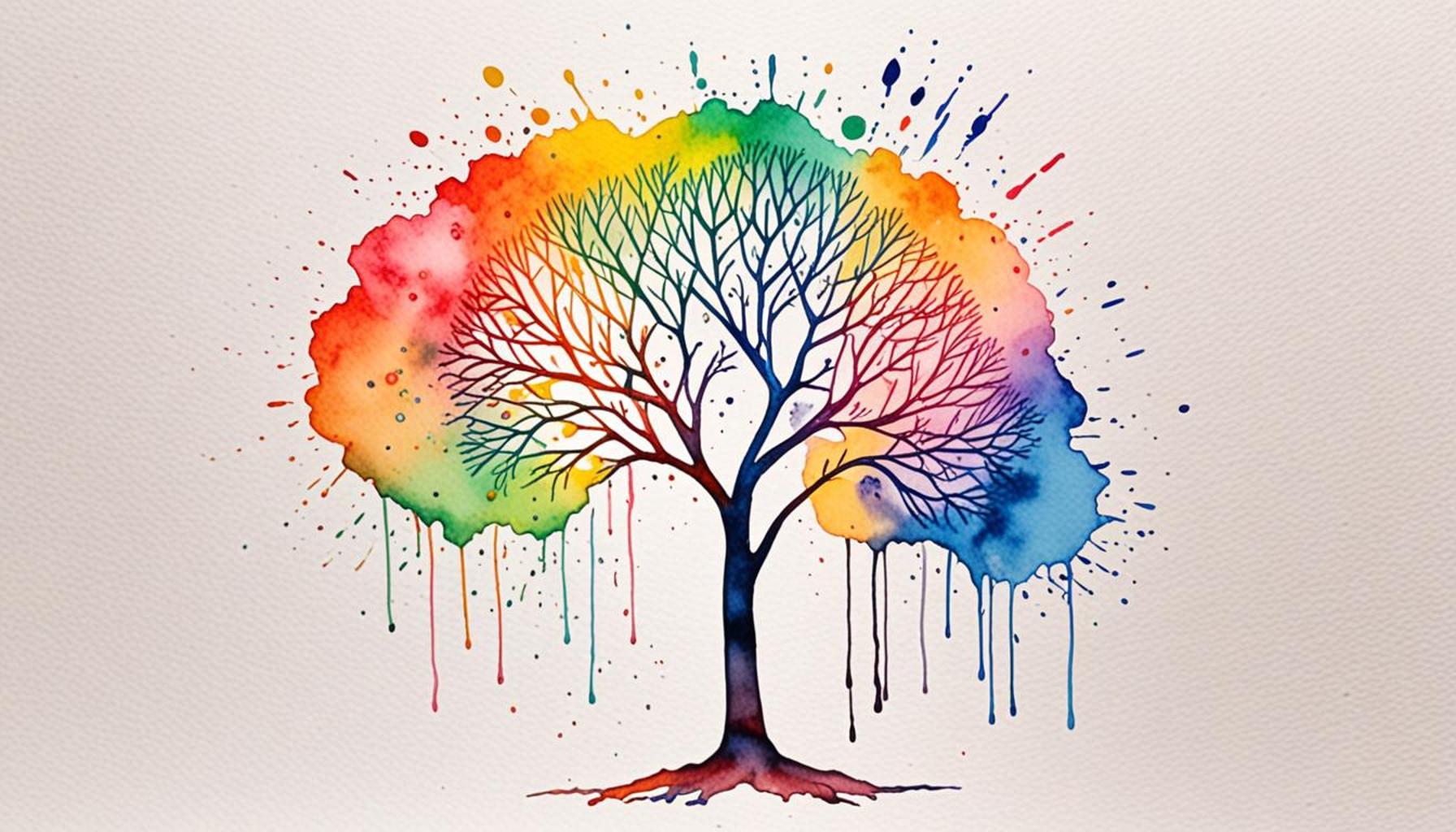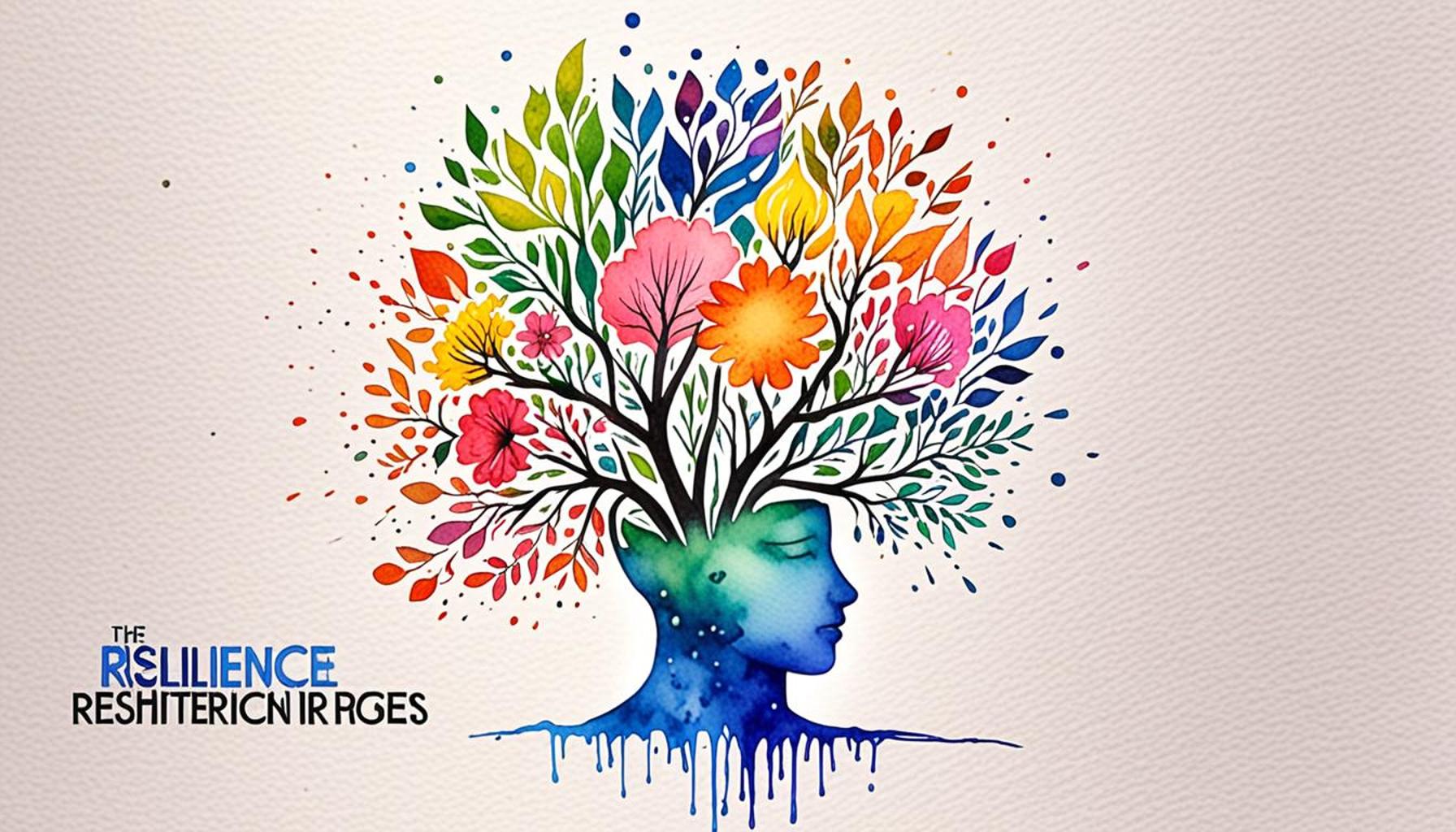Building Resilience in Youth: Growth Mindset Strategies for the Future
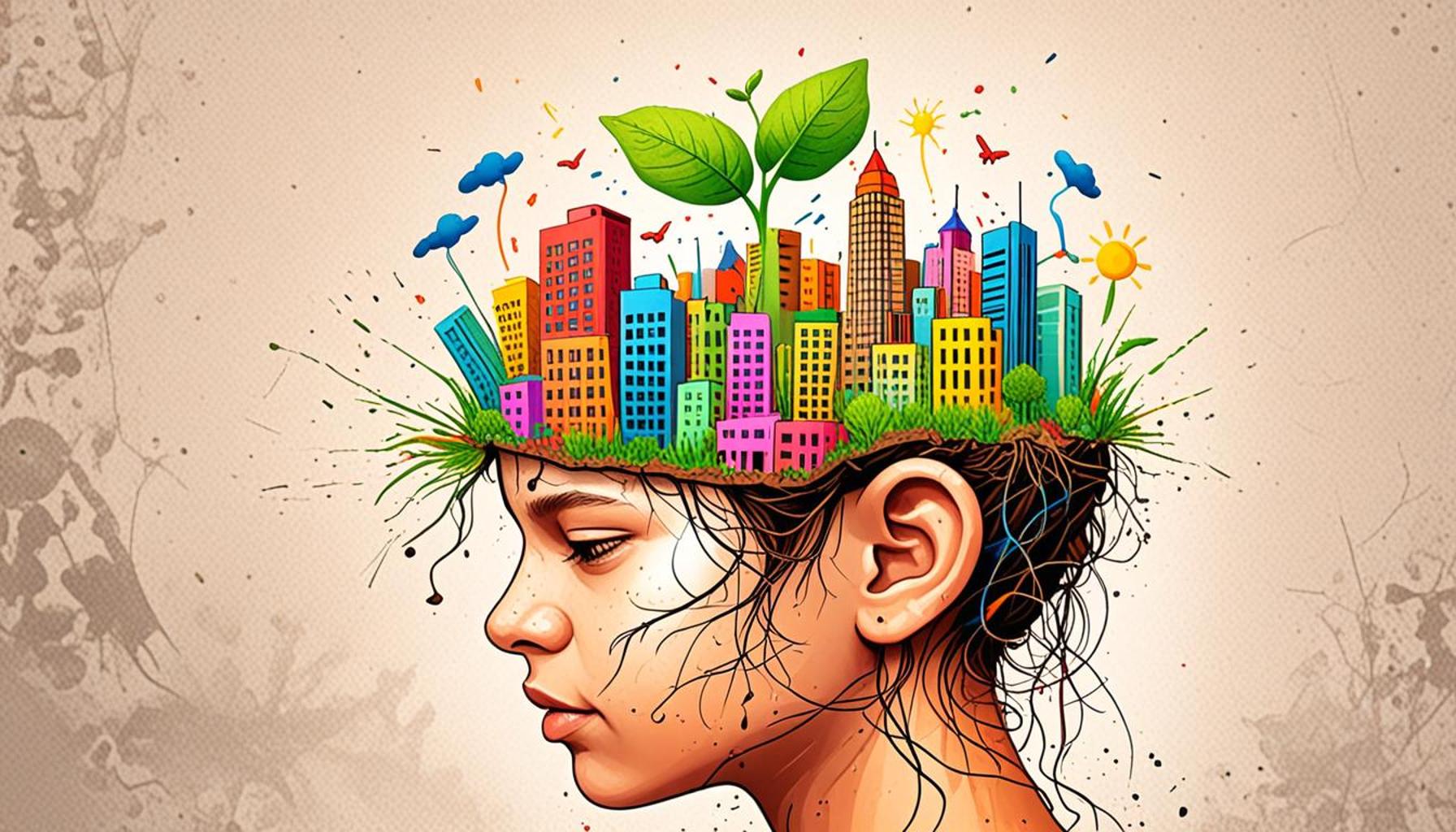
Understanding Resilience in Today’s Youth
In a world where the pace of change is rapid and often unforgiving, resilience has surfaced as a fundamental asset for young individuals. Every day, youth encounter challenges that range from academic hurdles and family pressures to societal expectations and digital distractions. As they navigate this complex landscape, it is crucial that they equip themselves with skills that enable them to adapt, learn, and grow from adversity rather than succumb to it.
The Importance of a Growth Mindset
At the heart of resilience lies the concept of a growth mindset, popularized by psychologist Carol Dweck. This mindset fosters the belief that one’s abilities and intelligence are not fixed traits but can be developed through effort, strategies, and input from others. Research has consistently shown that adopting a growth mindset significantly impacts achievement levels. For instance, a study conducted in educational settings revealed that students who embraced growth-focused attitudes performed better academically compared to those who believed in static intelligence.
The benefits of nurturing a growth mindset extend far beyond the classroom. These benefits include:
- Increased motivation to confront and learn from challenging tasks, which enhances engagement and persistence.
- Greater emotional resilience which enables youth to cope with failures and setbacks without losing confidence.
- Enhanced creativity and problem-solving skills as youth are encouraged to view challenges as opportunities for exploration and innovation.
Challenges Faced by Nigerian Youth
In Nigeria, the landscape of challenges is multifaceted, influenced by a variety of factors including economic instability, limited access to resources, and social inequality. The youth in this environment urgently need to develop resilience to thrive and drive positive change. Building a solid foundation of resilience is essential not just for personal success, but also for contributing to the broader community. Many young Nigerians face academic pressures that can be overwhelming, with high stakes examinations determining their educational and career pathways. In addition, familial expectations can often exacerbate stress levels.
Strategies for Building Resilience
To foster resilience in the youth, particularly in Nigeria, several practical strategies can be employed:
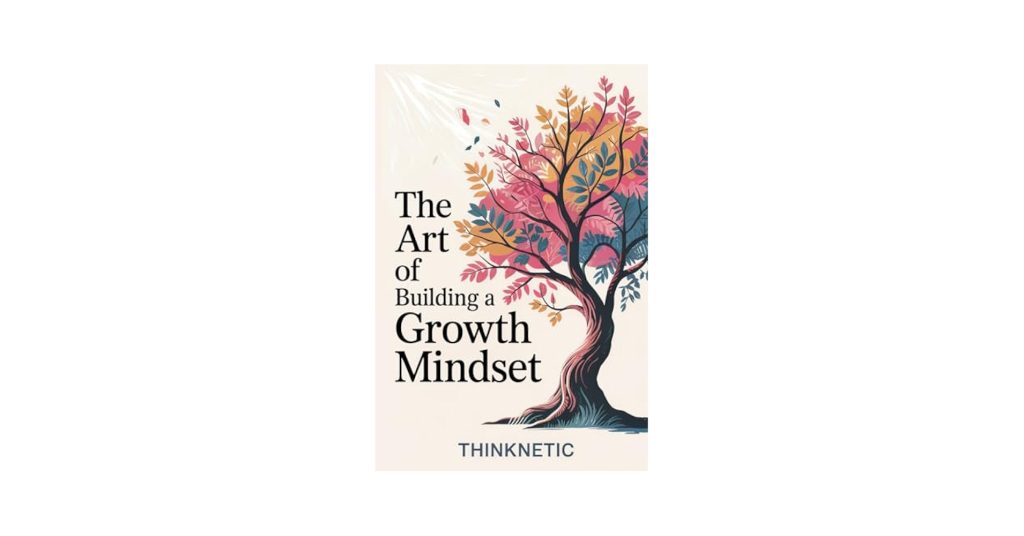
- Encouraging self-reflection and teaching individuals to learn from failures is crucial. For example, engaging in journaling can help youth articulate their experiences and evaluate what went wrong, paving the way for future improvement.
- Promoting collaborative environments where young people can share their experiences and support each other is vital. This could involve peer mentoring programs where older students guide newcomers, creating a community of shared growth.
- Providing mentorship and resources for personal growth through workshops, online platforms, and community initiatives. Connect youth with mentors who can offer guidance in navigating both academic and personal challenges.
By implementing these strategies, we can equip the next generation with the necessary tools to navigate obstacles and thrive in a challenging world. Building resilience is not merely about overcoming adversity; it’s about empowering young individuals to recognize their potential, pursue their passions relentlessly, and contribute positively to society. As we delve deeper into actionable growth mindset strategies, we unfold the path toward a more resilient youth in Nigeria and other regions facing similar challenges.
ADDITIONAL INSIGHTS: Expand your understanding here
Empowering Youth Through Growth Mindset
As the foundation of resilience, the growth mindset is more than just a psychological concept; it is a transformative approach that can radically change the way young people face challenges. With a growth mindset, youth learn to embrace failures as stepping stones rather than stumbling blocks, fostering an environment that values effort and learning. This perspective is crucial especially in contexts like Nigeria, where young individuals often grapple with limited resources and intense societal pressures.
The Role of Mindset in Overcoming Challenges
Research highlights that a growth mindset can significantly enhance young people’s abilities to cope with adversity. For instance, studies indicate that students who believe their abilities can improve through dedication tend to demonstrate higher academic performance and a lower likelihood of dropping out of school. Furthermore, this mindset nurtures a sense of personal agency, empowering youth to take control of their journeys even when external circumstances are tough.
In Nigeria, where economic challenges and social inequities abound, fostering a growth mindset can significantly uplift youth. Many young Nigerians confront systemic barriers that can lead to feelings of helplessness. Encouraging them to perceive these barriers as opportunities for growth can be immensely empowering.
Practical Steps to Foster a Growth Mindset
Practical strategies to nurture a growth mindset in youth can be implemented by educators, parents, and community leaders. Here are a few impactful steps:
- Modeling Positive Self-Talk: Adults can set the tone by engaging in positive self-talk, showcasing how to tackle challenges with optimism and determination. This sets an example for youth that encourages them to do the same.
- Emphasizing Effort Over Aptitude: Instead of praising innate talent, acknowledgment should focus on effort and perseverance. For example, teachers can commend students for their hard work during challenging subjects rather than just celebrating high scores.
- Encouraging Goal Setting: Help young people to set specific, achievable goals and map out pathways to reach them. This practice cultivates a sense of direction and purpose.
- Promoting Resilience Through Failure: Create safe spaces for youth to discuss failures and what they learned from them. Sharing stories of resilience can inspire others and normalize the learning process from setbacks.
By embedding a growth mindset into the cultural fabric of education and community support systems, we can facilitate a transformative journey for Nigerian youth. As they learn to transform obstacles into opportunities, they become not only more resilient individuals but also catalysts for societal change. Next, we will delve deeper into specific growth mindset strategies that pave the way for a brighter future, emphasizing the need for collective action to nurture these vital skills.
| Category | Details |
|---|---|
| Adaptability | Building resilience encourages youth to embrace change and adjust easily to new environments and challenges. |
| Problem-Solving Skills | A growth mindset nurtures critical thinking, empowering young people to tackle obstacles with innovative solutions. |
In the heart of fostering resilience within youth, the capacity for adaptability emerges as a pivotal skill. Young individuals equipped with a robust growth mindset are more likely to view challenges as opportunities rather than roadblocks. This transformative perspective allows them to adjust seamlessly to new situations, whether in educational settings or beyond. For instance, students exhibiting a growth mindset typically demonstrate improved performance in the face of academic pressure, significantly enhancing their capacity to thrive.Additionally, cultivating effective problem-solving skills is an essential aspect of resilience building. With a focus on nurturing a growth mindset, youth are encouraged to engage critically with issues, employing creativity and resourcefulness to discover solutions. This not only aids them in academic pursuits but also prepares them for real-world challenges, making them adaptable leaders of tomorrow. As we delve deeper into these components, understanding the intricacies of these skills reveals more profound implications for the future. The journey toward resilience is essential for creating a generation capable of navigating their world confidently.
RECOMMENDED: Check out this similar article
Strengthening Resilience Through Education and Community Engagement
The intersection of education and community engagement plays a pivotal role in cultivating resilience through a growth mindset among youth. In Nigeria, where educational disparities exist, innovative approaches that blend traditional learning with community support can profoundly impact young people’s perspectives on failure and success.
Integrating Growth Mindset into Educational Curricula
One effective strategy is to integrate growth mindset principles directly into the educational curricula. By incorporating lessons that emphasize resilience, problem-solving, and adaptability, schools can create a culture that celebrates learning as a continuous journey. For example, instead of focusing solely on grades and assessments, educators can introduce projects encouraging collaborative learning where students tackle real-world issues within their communities. This not only builds academic skills but also fosters a sense of belonging and accountability among students.
Moreover, workshops and seminars led by successful individuals who embody a growth mindset can inspire students. Engaging role models from various fields can provide relatable stories of overcoming obstacles, which helps students visualize their own potential for success. These interactions are crucial in combating the despair that systemic challenges can often produce among Nigerian youth.
Community-Based Programs and Mentorship Opportunities
Community organizations play an essential role in promoting a growth mindset by providing mentorship and resources that specifically address the challenges youth face. For instance, programs that connect young people with mentors in their desired industries allow for experiential learning and practical advice. These relationships can help them navigate obstacles, transforming setbacks into valuable learning experiences.
- Engaging Youth in Civic Activities: Involving youth in local decision-making processes or community projects fosters a sense of ownership and agency. When young people contribute to their communities, they learn the value of resilience in overcoming bureaucratic challenges and advocating for their needs.
- Organizing Skill Development Workshops: Workshops focusing on skills such as public speaking, entrepreneurship, and conflict resolution can empower youth to become adaptable in various situations. These skills are crucial not only for personal development but also for future employment prospects.
- Creating Safe Spaces for Expression: Providing platforms for youth to share their experiences and challenges can normalize the discussion around failures and setbacks. This peer-to-peer interaction enables collective learning and fosters a deeper understanding of resilience.
Furthermore, fostering partnerships between schools and local businesses can bridge the gap between education and employment. Such collaborations can lead to internships and training programs, equipping youth with practical skills and confidence. As Nigerian industries continue to evolve, adapting educational frameworks to meet these demands is essential for nurturing a resilient and skilled workforce.
The Importance of Cultural Context in Fostering Resilience
Understanding the cultural context of Nigerian youth is critical in successfully implementing growth mindset strategies. Addressing issues like socioeconomic disparities and cultural stigma surrounding failure can help reshape perceptions and create a more supportive environment. By recognizing the unique backgrounds and challenges faced by youth, initiatives can be tailored to foster resilience more effectively.
Integrating local narratives and examples into discussions about growth mindset can resonate more deeply with youth. These stories not only celebrate local heroes who have triumphed over adversity but also instill hope and motivation. By emphasizing that resilience is a communal value, communities can collectively lift each other towards a future built on confidence and capability.
SEE ALSO: Click here to read another article
Conclusion
In conclusion, building resilience in youth through fostering a growth mindset is not merely a beneficial strategy; it is an essential investment in the future of Nigeria. By creating educational frameworks that prioritize learning over merely achieving grades, we can nurture an environment where young people view setbacks as opportunities for growth rather than insurmountable obstacles. The integration of mentors, local narratives, and community engagement into educational systems will empower Nigerian youth to harness their potential while developing critical skills to navigate life’s challenges.
Moreover, community-based programs that emphasize civic involvement and skill development play a vital role in reinforcing this resilience. By involving youth in decision-making and providing platforms for expression, we cultivate a generation capable of not just withstanding adversity but thriving in spite of it. This holistic approach acknowledges the socio-cultural dynamics that shape their experiences, ensuring that resilience is viewed as a communal strength rather than an individual struggle.
As stakeholders in education, government, and society, it is imperative to champion initiatives that empower young people with the tools necessary for a resilient future. By unifying efforts across various sectors to support a growth mindset, we can help pave the way for a brighter tomorrow, where Nigerian youth are not only equipped to face challenges but also motivated to lead and drive positive change within their communities. The journey toward resilience starts here, and together, we can ensure that our youth emerge as confident and capable individuals ready to transform the world.
